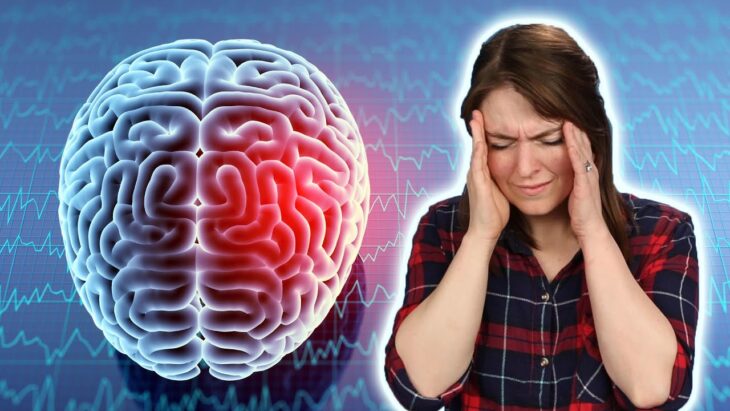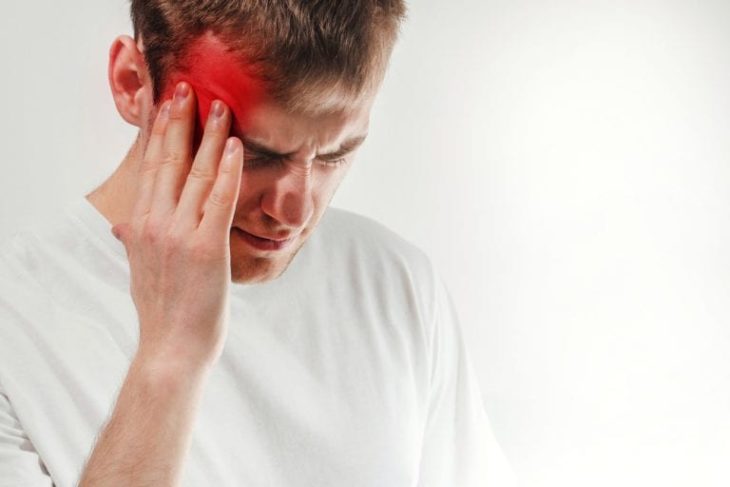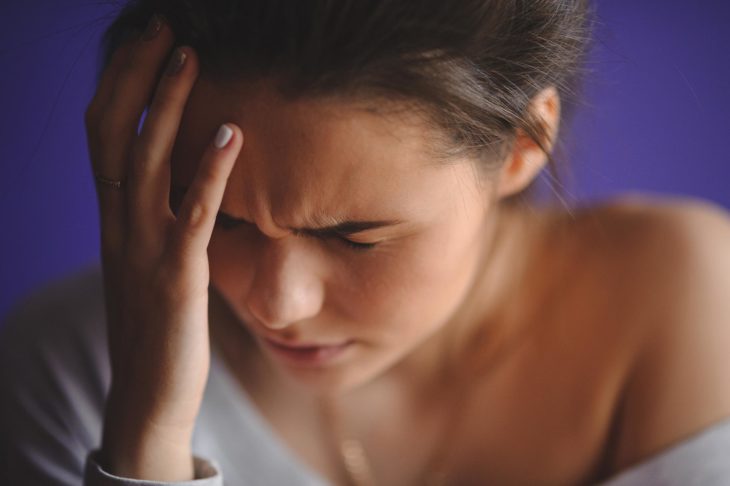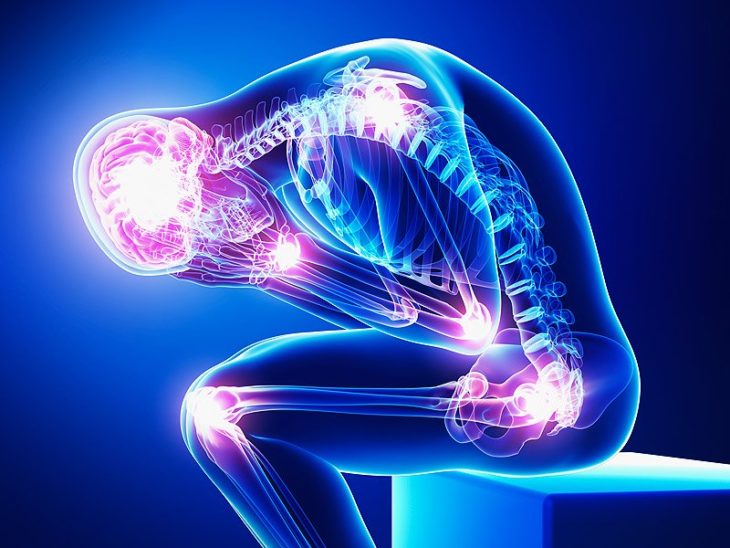Millions of Americans get migraines every month. Many of them, unaware that migraines can be prevented, grin and bear their way through the pain.
If you experience regular migraines, your first priority should be to understand your triggers. Knowing what’s causing your migraines is the most important step to preventing them.
Depending on which of the causes below is behind your migraines, you may never get total relief. But at the very least, you’ll learn how to keep your migraines to a minimum:

Source: YouTube
Contents
Genetics
Research suggests migraines are at least partially hereditary and sex-linked. Unfortunately, genes that make migraines more likely can’t simply be flipped on or off. But daily migraine medication can keep many of these migraines at bay.
The good news is, people who are genetically predisposed to migraines may not need medication their entire lives. Many young migraine sufferers find their episodes decrease in frequency and intensity past the age of 30.
Sensory Overload
Some, though not all, migraine sufferers find strong sensory experiences bring on migraines. According to Nurx, loud music and flashing lights are common triggers, but strong smells and tastes can also cause a migraine.
If you experience sensory-linked migraines, avoid overwhelming environments. Rather than go to a rock concert, put your favorite album on at home. Skip the fireworks show for a less explosive 4th of July celebration.
If you can’t keep your distance, look for ways to decrease the intensity of the experience. Sunglasses can tone down bright lights. Noise-cancelling headphones might become your best friend at work.

Source: Comprehensive Medical Group
Excessive Stress
Stress is the most common trigger for migraines, with four in five sufferers pointing to it as a cause. While stress may not be enough to trigger a migraine on its own, it can combine with other factors to bring on one.
Stress is a part of life. While you won’t be able to get rid of it entirely, you can take steps to prevent it from upsetting your mental state.
Think about your most significant stressors. Find ways to cut each of them down to size. If work stress is getting to you, you might need to ask your boss to hire you an assistant. If money is an issue, reduce your discretionary spending or get a side hustle.
Regardless of the cause, come up with an in-the-moment plan to manage your stress. At home, you can draw yourself a bath or read a book. At the office, you can meditate or take a walk.
Insufficient Rest
Do you often get a migraine the morning after a rough night? Getting too little sleep lowers your body’s tolerance for pain, making migraines more prominent and more likely. Try using a natural sleep aid, such as melatonin, to get to sleep earlier.
Like lack of sleep and sleep schedule changes can also cause migraines. Jet lag, which forces your body to abruptly adjust to a new time zone, is a common culprit.
Take care not to overcorrect your sleeping patterns. Going right to bed after your flight touches down at noon may be tempting, but it’ll make the reset even more difficult later.
Oversleeping can also give you a migraine. Avoid resting for more than 10 hours at a time. Set an alarm if you struggle to get yourself out of bed.

Source: The Independent
Food and Beverages
What you do or don’t put into your body can cause a migraine. First things first: Make sure you’re drinking at least six cups of water per day. If you’re not, set an alarm to remind you to sip.
Food-based migraines can be tricky to diagnose. Salty and processed foods can cause migraines, as can artificial sweeteners. Alcohol can also cause migraines in some sufferers.
Keep a food journal. When you get a migraine, note anything you ate or drank within an hour of the episode. Look for commonalities: You might be surprised to learn that certain health foods, like citrus fruits and eggs, are common migraine triggers.
Eating too little might also be causing your migraines. Skipping a meal lowers your blood sugar, which can cause a headache.
Overexertion
Regular exercise is important not just for your general health, but also for preventing migraines. Exercise releases endorphins, which are the body’s natural painkillers.
Low- and moderate-intensity activities, such as walking and cycling, are great ways to boost your endorphin levels. Vigorous exercise, however, may increase your chances of getting a migraine.
When exercising, know your limits. If you suspect you’re pushing yourself toward a migraine, back off. Better yet, take a water break to reduce the risk of a dehydration-induced migraine.

Source: Medscape
Changes in the Weather
If you’re experiencing a migraine and can’t figure out why, take a look outside. Your body may be reacting to a change in barometric pressure.
A drop in barometric pressure — often caused by a storm rolling in — bothers most migraine sufferers more than a sudden increase. Sudden changes in temperature can also trigger a migraine.
Keep an eye on the sky. If you see dark clouds rolling in, reduce other triggers that may combine with changing weather to cause a migraine.
Poor Posture
Is your back straight and your neck neutral? If not, shape up: Poor posture puts pressure on your neck and head, which may give you a migraine.
Improving your posture is all about awareness. Make a conscious effort to sit up straight and stand tall. If you have a habit of sinking into your chair, consider investing in a standing desk.
Your migraine treatment plan must be tailored to your triggers. Figure them out, and you’ll be most of the way to relief.
